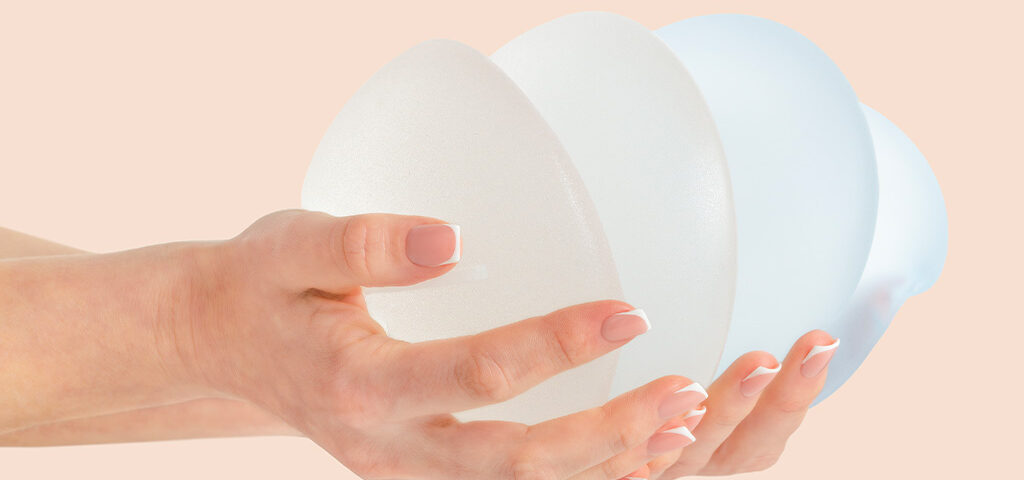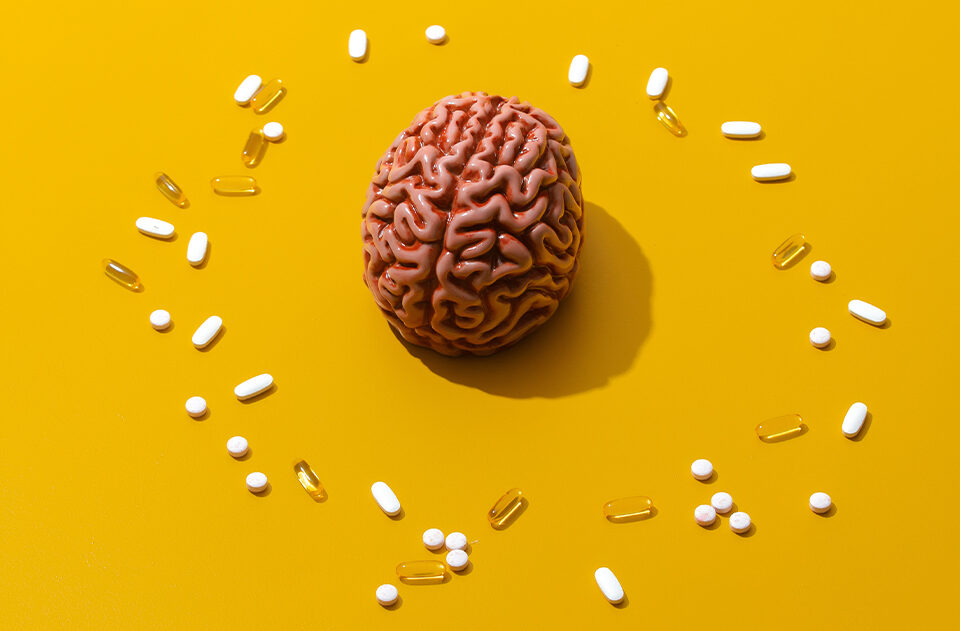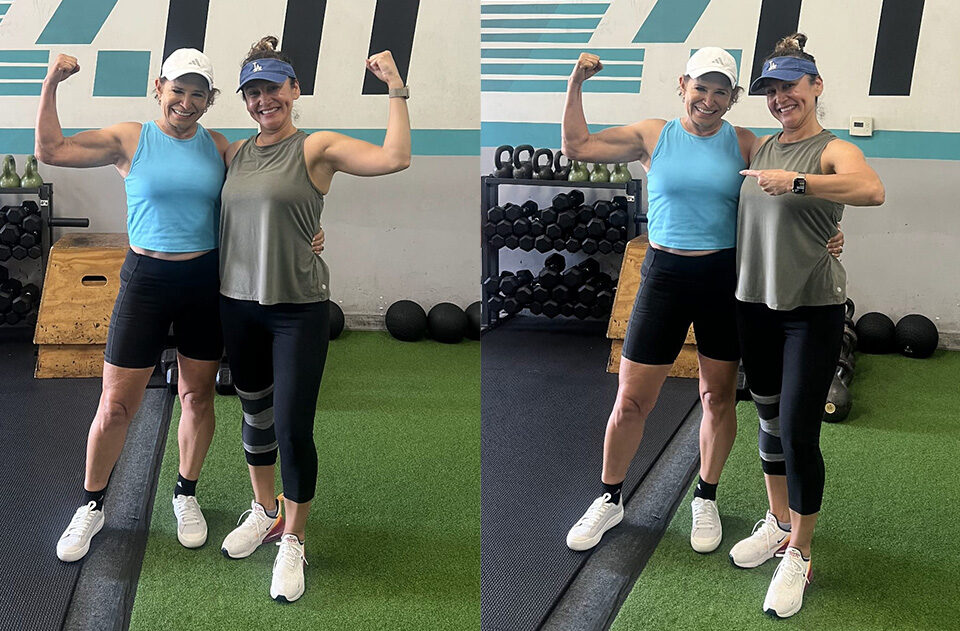Are Breast Implants Safe? A Holistic Perspective on Chemical Exposure

As a healthcare practitioner with a holistic approach, I believe in addressing the root cause of health concerns rather than just treating symptoms. Throughout my career, I’ve had a number of women come to me with concerns about their breast implants. While breast augmentation is one of the most common cosmetic surgeries, with hundreds of thousands of procedures performed each year, many women have experienced unexplained symptoms after surgery. These symptoms raise an important question: Are breast implants truly safe?
Although breast implants are approved by regulatory bodies such as the FDA, we must dig deeper and explore the long-term effects of the chemicals used in these devices. In my practice, I emphasize addressing the root causes of health issues, rather than simply treating symptoms. This becomes particularly important when evaluating the potential risks posed by the chemicals in breast implants.
What Are Breast Implants Made Of?
Breast implants, often chosen for cosmetic or reconstructive purposes, are prosthetic devices surgically placed beneath the breast tissue to enhance size and shape. Women may choose to undergo breast augmentation to restore breast size after pregnancy or breast cancer surgery, correct asymmetry, or boost confidence. There are two main types of breast implants—saline and silicone.
Saline implants consist of a silicone shell filled with sterile salt water. Silicone implants, on the other hand, contain a silicone shell filled with a gel-like silicone substance that is often considered more natural in feel. Both types come in various shapes and sizes and feature smooth or textured shells.
While many patients believe that implants are safe because they’ve been widely used for decades, the materials used in implants can degrade over time, releasing chemicals into the body. According to a study published in the Aesthetic Surgery Journal, silicone implants contain chemicals like platinum, tin, and other heavy metals that may leach into surrounding tissues, potentially causing inflammation or other health complications over time. Moreover, silicone gel implants have been shown to degrade, leading to the potential release of toxic compounds into the body, which raises concerns about their long-term safety.
How Chemicals in Implants Affect Your Health
One of the main issues with breast implants is that they can break down over time, releasing chemicals into the body. Even small ruptures in silicone implants can introduce these foreign particles into the surrounding tissues. Studies have shown that these particles may trigger localized inflammation, and in some cases, a systemic immune response.
Research has linked silicone implants to autoimmune conditions. Some women have developed autoimmune disorders such as lupus, rheumatoid arthritis, and fibromyalgia after their implants ruptured. These observations are supported by published research, which showed that women with ruptured silicone implants are at a higher risk of developing autoimmune diseases. The body may perceive the silicone as a harmful invader, prompting the immune system to attack the body’s own tissues.
Another concerning issue is breast implant illness (BII), which has gained recognition as more women report symptoms like chronic fatigue, joint pain, and cognitive dysfunction after receiving breast implants. While BII is not officially recognized as a medical diagnosis, it describes a range of systemic symptoms that many women experience after surgery. According to studies, breast implants can induce systemic inflammation, leading to immune dysregulation in some individuals . Many of my patients who experienced these symptoms reported significant improvements after undergoing explant surgery, which suggests that some individuals may be particularly sensitive to the chemicals in implants.
Breast Implant Illness: Symptoms and Health Risks
Breast implant illness encompasses a variety of symptoms that can develop any time after surgery—sometimes even years later. The most commonly reported symptoms of BII include:
- Chronic fatigue
- Cognitive issues (brain fog, memory loss)
- Joint and muscle pain
- Recurring headaches
- Skin rashes
- Hair loss
- Anxiety, depression, and insomnia
These symptoms may develop even when the implants are intact, suggesting that the chemicals within the implants slowly seep into the body over time. Research also indicates that silicone implants can cause a condition called “adjuvant-induced autoimmune syndrome,” in which immune responses are triggered by foreign substances, leading to chronic inflammation and autoimmune diseases.
Over time, exposure to these chemicals can lead to more severe health problems. Studies have linked breast implants to a higher risk of developing autoimmune conditions, including fibromyalgia, Hashimoto’s thyroiditis, and scleroderma. Women with breast implants may also be at a higher risk of developing a rare form of lymphoma known as breast implant-associated anaplastic large cell lymphoma (BIA-ALCL.)1
Other Health Complications from Breast Implants
Beyond autoimmune disorders and breast implant illness, breast implants can lead to additional health complications, including:
- Breast pain and altered sensation: Some women report chronic pain or changes in breast and nipple sensitivity, which may be temporary or permanent.
- Calcium deposits: Calcification around implants can create lumps that may be mistaken for cancerous tumors during mammograms, leading to unnecessary surgeries.
- Capsular contracture: This condition occurs when scar tissue forms around the implant and tightens, causing hardening and discomfort.
- Infection: Implants can harbor bacteria, viruses, and fungi, leading to systemic infections long after the initial surgery. Studies have shown that microorganisms can form biofilms on the surface of implants, which can trigger infections and contribute to chronic inflammation.
Real-Life Stories: Listening to Your Body’s Signals
In my experience, I’ve encountered individuals who have faced unexplained health issues after undergoing breast implant surgery. For example, some patients have reported symptoms like chronic fatigue, joint pain, and brain fog that persisted for years without a clear diagnosis. Despite normal test results, these individuals felt something was off. In several cases, they linked their declining health to breast implants, sometimes years after their surgery. After considering breast implant illness (BII) as a possible cause and opting for explant surgery, many reported improvements in energy levels, reduced pain, and mental clarity.
In other instances, patients experienced symptoms such as frequent migraines, skin rashes, and anxiety. Despite reassurance from specialists that their implants were intact, some felt instinctively that their implants might be affecting their health. After explant surgery, many found relief from their symptoms, with migraines subsiding, skin issues clearing up, and an overall sense of improved well-being.
These stories highlight a recurring theme: the body often gives signals when something isn’t right, and it’s essential to listen. When individuals trust their instincts and explore the root causes of their symptoms, they can often experience significant improvements in their health. Listening to your body’s signals is a key step in taking control of your health and well-being.
A Holistic Approach to Breast Health
As a holistic practitioner, I believe that supporting the body’s natural detoxification processes is essential, especially for those with breast implants. Implants introduce foreign substances into the body that can trigger inflammation and immune responses. In my practice, I focus on personalized nutrition plans, bioavailable supplements, and comprehensive lab testing to help patients detoxify and maintain optimal health.
For instance, I often recommend incorporating anti-inflammatory foods such as leafy greens, berries, and omega-3-rich fish into daily diets. These foods contain antioxidants and essential fatty acids that help reduce systemic inflammation. Additionally, herbs like milk thistle and dandelion root support liver function, aiding in the detoxification of harmful chemicals. Studies have shown that milk thistle, in particular, can help protect the liver from damage caused by environmental toxins.
Comprehensive lab testing allows me to assess each patient’s biochemical makeup and tailor treatment plans accordingly. By identifying imbalances or deficiencies, we can develop personalized nutrition and supplement regimens that promote long-term health and immune support.
Exploring Alternatives to Breast Implants: Fat Grafting and Nonsurgical Methods
For women seeking breast augmentation without the risks associated with traditional implants, alternatives like fat grafting are available. Fat grafting, or fat transfer, involves removing fat from other areas of the body, such as the abdomen or thighs, and injecting it into the breasts. This method uses the body’s own tissue, minimizing the risk of complications. Fat grafting provides safe, long-lasting results with fewer health risks compared to implants.
Nonsurgical methods are also emerging. For example, one study explored the use of a mechanical device that applies a vacuum force to each breast, stimulating tissue growth over a 10-week period. The study reported a 98% increase in breast size by the end of the treatment, with no adverse side effects. This nonsurgical option offers an effective, risk-free alternative to breast implants.
Taking Charge of Your Health
Deciding whether to get or remove breast implants is a deeply personal choice that requires careful consideration of the potential risks. Breast implants have been linked to health concerns such as autoimmune disorders and breast implant illness, which may be associated with the materials used. If you’re experiencing unexplained symptoms or considering alternatives like fat grafting, it’s crucial to listen to your body and weigh both the benefits and risks. Your health is your greatest asset, and by staying informed and seeking personalized care, you can make empowered decisions that support a vibrant, healthy life.
I’m here to guide you through this process and provide holistic solutions. It’s never too late to take steps toward improving your health. If you have concerns about your implants or want to explore your options, I encourage you to schedule a consultation with me so we can work together on a plan for your well-being.
At the end of the day, your health is in your hands. By listening to your body and seeking holistic solutions, you can take proactive steps toward a healthier, more vibrant life. I’m here to support you on this journey to optimal health.





